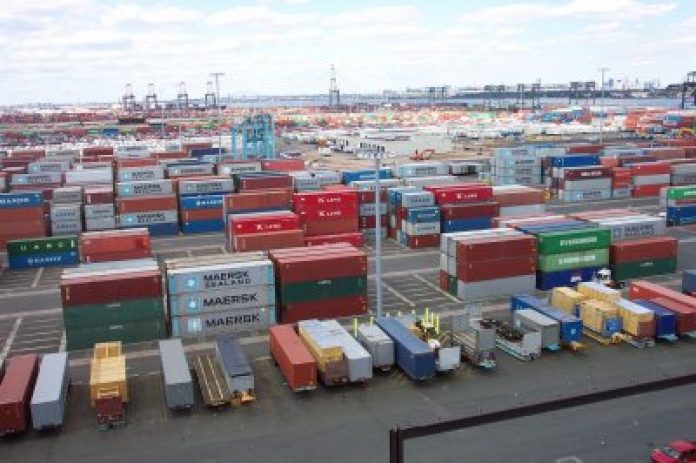While Ghana might not be the biggest market on the African continent, it’s ranked as one of the fastest-growing economies with an increasingly affluent middle class. The exponential rise in consumption and growing demand to trade globally has resulted in a steep rise in demand for warehousing capacity and freight forwarding services.
The country’s urban population has grown in leaps and bounds, overtaking rural growth in 2013. However, a substantial share of the population still resides outside the capital – making temperature control, security, and efficiency critical factors to consider for the supply chain sector.
A highly effective way to track and authenticate products and shipments is by utilizing Internet of Things (IoT) devices using GPS and other technologies. They can also monitor products’ storage conditions, which enhances quality and efficiencies throughout the supply chain.
IoT’s “sensing” capability through different technologies and mediums makes it equally effective in solving bottlenecks. Therefore, asset utilization is where IoT’s real value lies. IoT promises extensive payoffs for logistics operators and their end customers by driving greater operational efficiency. As the technology gains momentum, it will impact several business sectors in Ghana, including healthcare, agriculture, education, infrastructure, public services, utilities, manufacturing and more.
READ ALSO: How companies in Africa can benefit from industrial internet-of-things solutions
In this article, we look at how IoT will shape the more immediate future of logistics in Ghana.
Temperature control and the COVID-19 vaccine
More than a third (12 million) of the population still lives in rural Ghana, making it challenging to get time-limited, cold-chain-dependent vaccines to these far-flung communities. However, by providing live monitoring, IoT technology clearly indicates where the assets are, the state they’re in (temperature and how they’re performing), and what to anticipate.
IoT sensors and other alert systems continuously monitor the state of perishable goods – from the supplier to the warehouse – until it reaches the end-user safely. As soon as conditions threaten the temperature or humidity thresholds that could compromise the goods, an alert notifies the logistics operator, who can take preventive action.
These IoT sensors are still the tracking solution of choice for freight forwarders and shipping lines, primarily because of their ability to forewarn transporters when external conditions become a threat to perishable, temperature-sensitive goods. Such clear end-to-end visibility ensures that every shipment from the manufacturer reaches the population on time and in a safe condition.
Cargo container tracking
The consumption demands of the rising middle class isn’t the only factor driving Ghana’s warehousing and freight forwarding needs. Cocoa dominates Ghana’s agricultural sector and is an important source of rural employment. It provides a livelihood to an estimated 1 million smallholder farmers and their communities in peripheral parts of Ghana.
To meet rising product demand, the farmers urgently need better cargo tracking. Again, IoT-powered devices with built-in sensors are the more innovative option, as these wireless connections make it easy to monitor and track assets. Effective tracking ensures a more efficient, reliable, and resilient supply chain for the farmers, which will increase their production.
Using sensors, tags, and other IoT devices to track goods through the global supply chain is one of the fundamental use cases for the Internet of Things and one of the most impactful. Its real value comes to light when logistics operators and their customers use a central IoT platform that merges assets into a single, user-friendly portal with global accessibility. Being able to track these assets via various devices ensures complete visibility in real-time.
Furthermore, shipping companies can apply advanced analytics software to store, process, and analyze shipment data to detect hidden patterns. These patterns can help formulate resource and cost optimization actions such as improving route planning, shipment security and process efficiencies, reducing fuel consumption, and automating manual tasks.
An IoT monitoring system eliminates the need for the reams of paperwork shipping companies had to deal with in the past. Instead, their employees can focus on more valuable tasks with the time saved. They can also take immediate action and make faster decisions to ensure deliveries are on time. Conversely, businesses can keep customers informed in case of unexpected delays or rescheduled shipments, resulting in higher customer satisfaction.
Building a connected future
IoT devices have revolutionized supply chain management, and in Ghana, they will play a central role in the country’s economic recovery. As more and more businesses enter the connected fray, the country can look forward to increased capacity, greater reach, faster delivery, lower costs, and fewer operational headaches.
By Serigne Ndanck Mbaye, CEO West Africa & Country Head Ghana, DHL Global Forwarding









